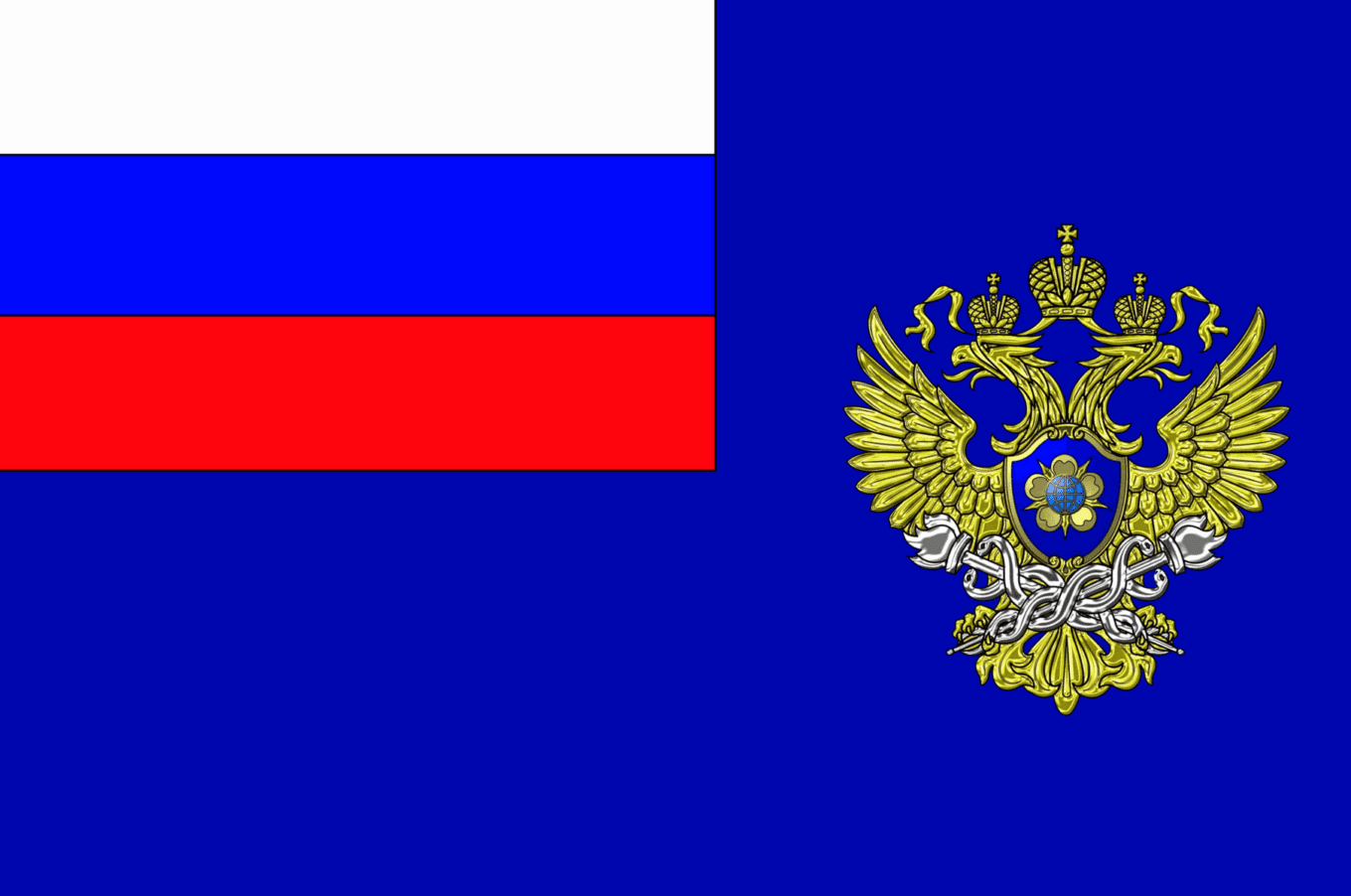As jurisdictions worldwide grapple with integrating cryptocurrency into their regulated financial systems, Russia has taken a notable step forward by developing a new crypto-fiat detection system. This initiative underlines the growing significance of cryptocurrency within the global cyberfinancial system. It seems to be becoming clear to politicians and regulators that crypto has come to stay and that they need to address the specifics accordingly.
The Central Bank of Russia (CBR), together with Rosfinmonitoring, The Russian equivalent to the U.S. FinCEN, and collaboration from five major banks, is piloting a “Know Your Crypto Client” service, Russian RBC reports. This innovative platform aims to establish a link between traditional fiat transactions and cryptocurrency activities, enhancing the oversight capabilities of financial institutions.
The service, announced during the “Current AML/CFT Issues” forum organized by Rosfinmonitoring, is being tested by prominent credit institutions and is supported by technological partner Innotech. The system is part of the Transparent Blockchain initiative, a project launched by Rosfinmonitoring designed to improve transparency and regulatory compliance within the blockchain space.
The need for such a system arises from the challenges banks face in integrating cryptocurrency transactions with conventional banking operations. Currently, while banks can manage fiat transactions effectively, the integration with crypto transactions remains complex. The new platform will facilitate a deeper understanding and management of crypto-related transactions by enabling banks to trace connections between fiat and digital currencies effectively.
Ilya Bushmelev, director of project portfolio management at Innotech, emphasized the importance of identifying links between fiat and crypto transactions to prevent misuse and enhance compliance. The pilot program, which may extend indefinitely based on its initial findings, seeks to develop a robust framework for crypto compliance and the necessary tools for banks to conduct “Know Your Crypto Transaction” procedures.
Additionally, the system aims to address the challenge of illegal crypto activities, such as the operation of unlicensed crypto exchanges. These platforms often employ sophisticated schemes to disguise their activities, posing significant challenges to financial regulators and institutions attempting to enforce compliance.
This pilot represents a significant effort by Russian authorities to integrate cryptocurrency operations effectively within the regulated banking sector. It reflects a broader trend of increasing regulatory oversight of cryptocurrencies globally as financial systems adapt to the evolving landscape of digital finance. Such initiatives are crucial for ensuring crypto transactions’ security, transparency, and legality in alignment with global financial regulations.





